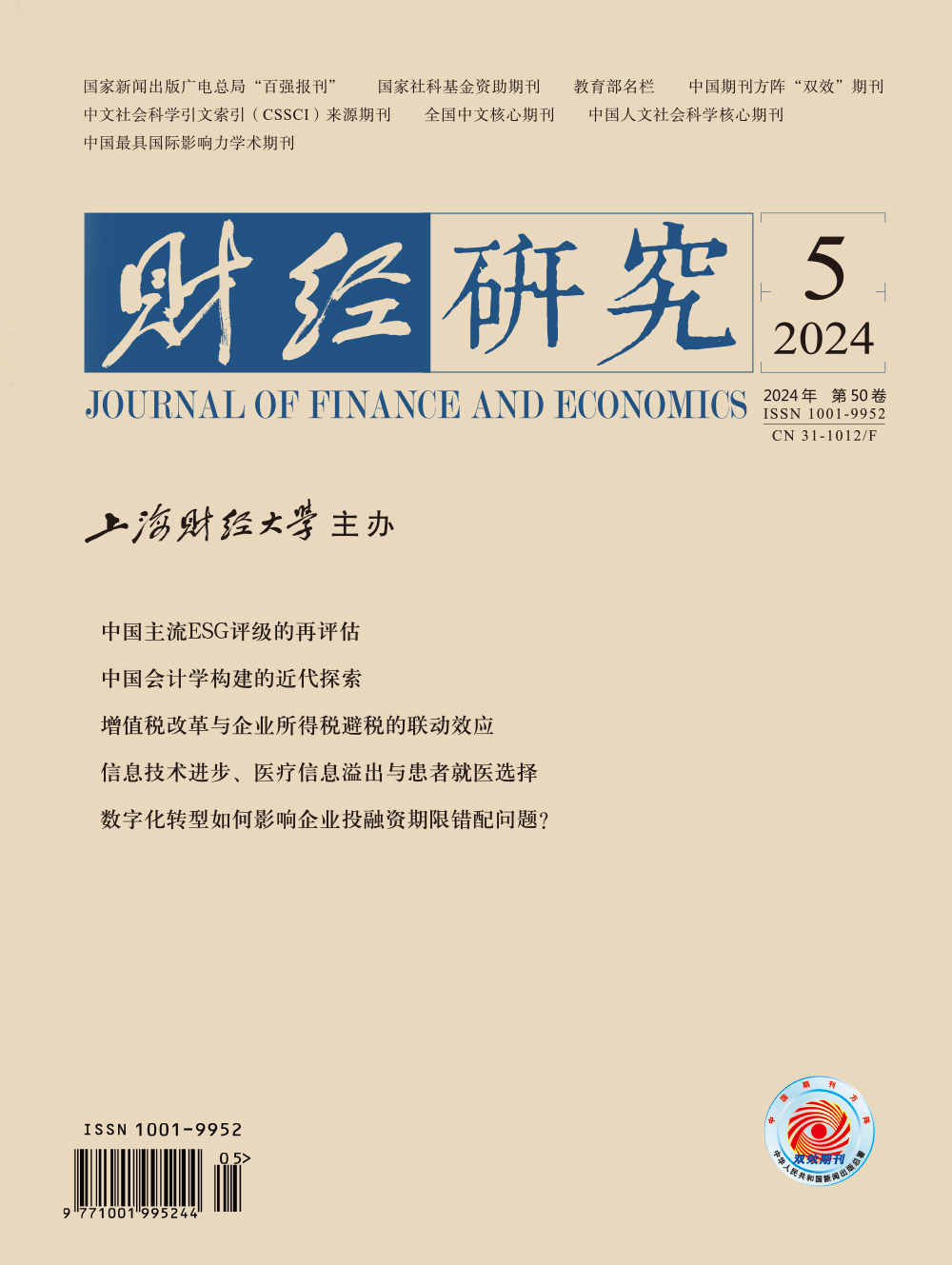Over the past 40 years of reform and opening up, industrial policies have not only existed for a long time in the process of China’s economic development, but also been constantly adjusted due to various reasons. In particular, the overall industrial policies around China have shown the characteristics of timely changes. In this characteristic fact, what kind of logical relationship exists between the change of industrial policies and economic growth? What are the effects of local governments’ adjustment of industrial policies and the motivation of policy choices? These questions are worth further discussion.
This paper uses crawler and text analysis tools to sort out the three-digit code supporting industrial policies in the government work reports of 254 prefecture-level cities from 2008 to 2018, and uses instrumental variables to empirically analyze the impact and causes of local industrial policy changes on economic growth. The study finds that the timely change and optimization of local industrial policies will promote the development of local economy. Further analysis shows that under the background of “taking economic construction as the center”, local officials will conduct dynamic adjustment and optimization of industrial policies based on local development, which is manifested in that local officials continue to experiment with new policies, abandon ineffective industrial policies, and make the so-called “rational choice”. The change of local industrial policies and the government behavior behind it play a role of market mechanism similar to “survival of the fittest”, and objectively improve the effect of industrial policies and promote the development of local economy.
The main innovations of this paper are as follows: First, it distinguishes between the change of officials and the change of policies, and finds that the change of local industrial policies presents the characteristic of “survival of the fittest” and promotes the development of local economy. Second, it reinterprets the logic behind local governments’ adjustment of industrial policies. The evidence is helpful to further understand the logic and path of the “promising government” to constantly adjust and optimize industrial policies. The policy implications of this paper are that: Local governments should pay attention to the investigation of the actual situation of local industrial development, establish a scientific evaluation mechanism for industrial policies, and timely adjust industrial policies based on local comparative advantages, so as to make the development of local economy more competitive.





 2368
2368  3084
3084

